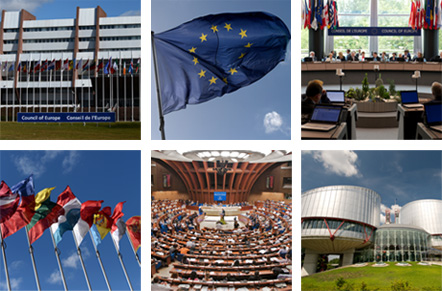Languages are immensely enriching. They enable us to communicate with more people, to be better understood and to better understand other perspectives. Unfortunately, however, in many countries of the Council of Europe, languages are still sometimes used as tools to pit people against each other.
Preventing people from using the language they consider their own in different settings can lead to a violation of their rights as individuals. Beyond this, entire communities are also negatively affected; and conflicts between different groups or between neighbouring countries often revolve around the use of languages.
The language one uses tends to be an essential defining element of a person’s identity. In addition to its role as a communication tool, it carries an important symbolic value in defining how people are perceived by others and how they see themselves and their place in society. As such, it can be a controversial and politically charged issue. For example, using the state or official language is in many places considered as proof of one’s loyalty to the state. In other contexts, the use of minority languages on signs visible to the public (such as street names, sometimes requiring the use of a different alphabet) is experienced or presented as an unwelcome physical reminder of the multi-cultural and multi-lingual fabric of society.



